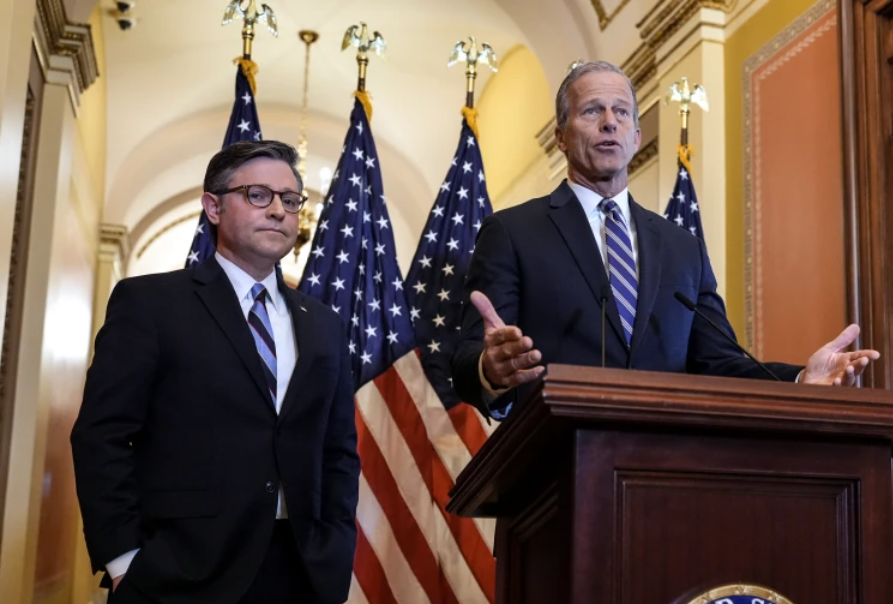The political landscape is shifting as critical elections and state primaries approach. Voter engagement appears to be on the rise, suggesting potential changes in public sentiment. Key legislative battles and significant policy debates, particularly around healthcare and climate issues, are poised to shape future agendas. Furthermore, emerging cross-party collaborations indicate a need for political adaptability. Observers should consider how these factors may influence upcoming developments.
Upcoming Elections to Watch
As the political landscape continues to evolve, which upcoming elections will most significantly shape future governance?
State primaries are crucial, often determining candidates for general elections. High voter turnout in these primaries can signal public engagement and influence party strategies.
Monitoring these elections will help gauge shifts in political sentiment and priorities, ultimately impacting policy decisions and the overall direction of governance.
See also: Latest News in Finance: Investment Tips and Stock Market Alerts
Key Legislative Battles
The outcomes of upcoming elections will undoubtedly influence the legislative battles that follow, as newly elected officials bring their agendas to the forefront.
Key issues will require bipartisan cooperation, with legislative timing playing a crucial role in determining success.
Observers anticipate how these dynamics will shape negotiations, potentially affecting the balance of power and the effectiveness of governance in addressing pressing national concerns.
Significant Policy Debates
How will the national discourse evolve as significant policy debates emerge in the wake of recent elections?
The focus on healthcare reform and climate policy will likely dominate discussions. Advocates for universal healthcare may clash with those prioritizing market-based solutions, while climate policy debates could highlight differing approaches to sustainability and economic growth.
These discussions will shape future legislative agendas and public sentiment.
Shifting Political Alliances
While shifting political alliances are often a response to evolving public sentiments and policy debates, recent elections have accelerated this trend across party lines.
Cross party collaborations are now increasingly common, reflecting significant ideological realignments as parties reassess their core values.
This dynamic landscape suggests a growing necessity for adaptability, as traditional loyalties dissolve in favor of pragmatism and shared goals among diverse political factions.
Conclusion
As the political landscape shifts like sand in the wind, the upcoming elections serve as a barometer for public sentiment, revealing underlying currents of change. Key legislative battles and significant policy debates, particularly around healthcare and climate, will be the crucible in which future alliances are forged or fractured. Observers must remain vigilant, for in this dynamic arena, adaptability is not just an asset—it is the lifeblood of survival in the ever-evolving dance of democracy.




 Latest News in Science: Exciting Research Updates
Latest News in Science: Exciting Research Updates